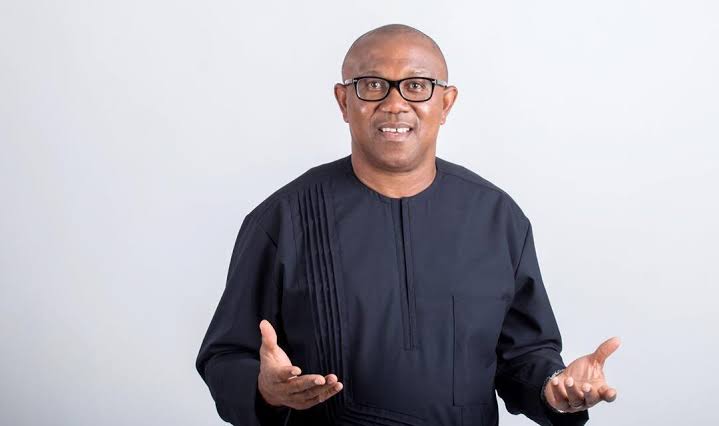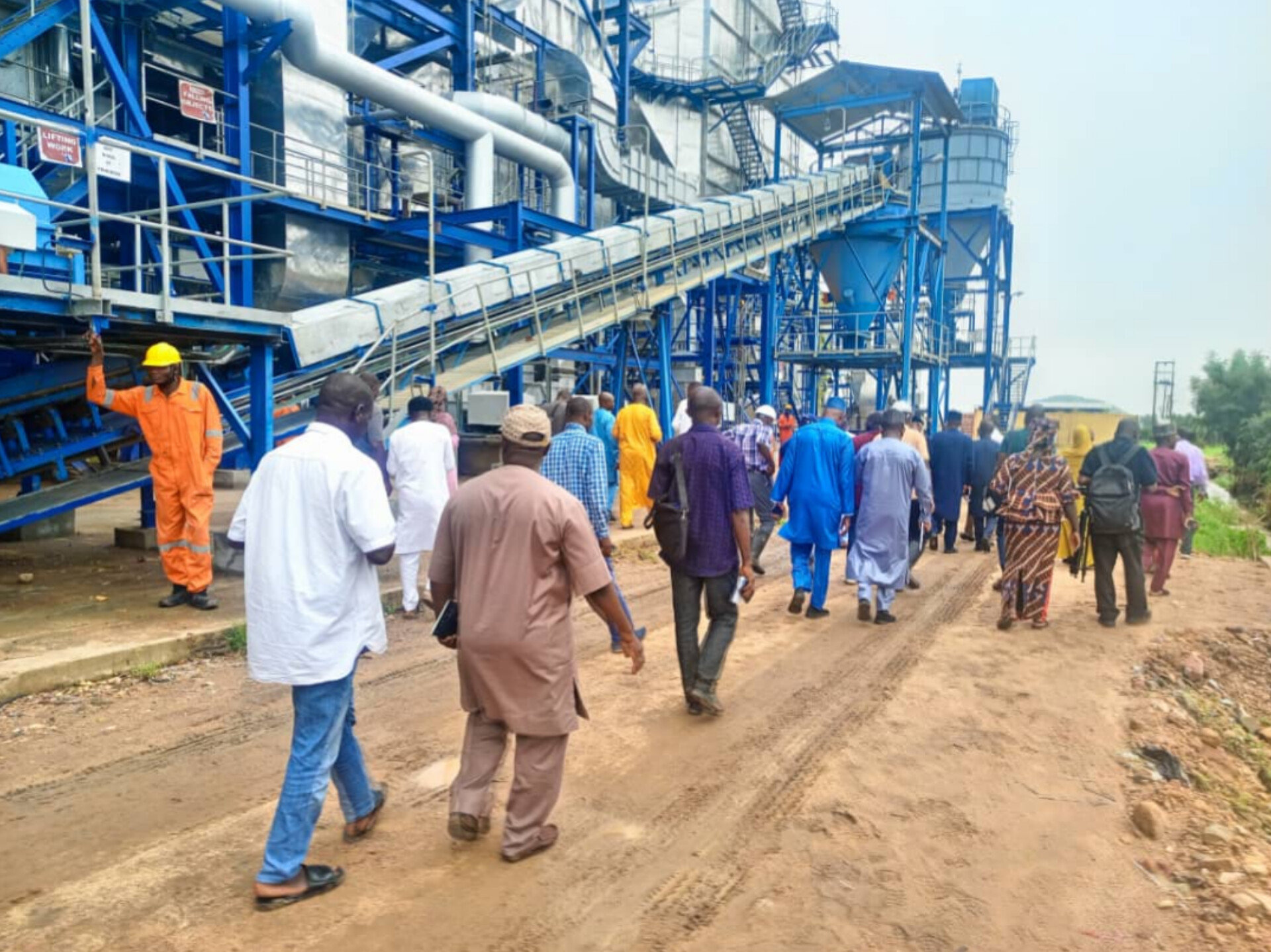Former Presidential Candidate, Peter Obi, has called on the Nigerian National Petroleum Company Limited (NNPCL) to come clean on its operations amidst the lingering fuel scarcity crisis.
Obi, in a statement, lamented the lack of transparency in NNPCL’s dealings, particularly regarding subsidy payments and fuel imports.
He questioned how a company that declared a N3 trillion profit in 2023 could fail to alleviate the fuel scarcity, citing incompetence and mismanagement.
The Labour Party chieftain urged the federal government to take decisive action, ensuring NNPCL’s operations are transparent and accountable to Nigerians.
He emphasized that the current fuel scarcity has inflicted hardship on citizens, and it’s time for those responsible to be held accountable.

Obi’s call for transparency and accountability is a clarion call for good governance and effective management of the nation’s resources.



